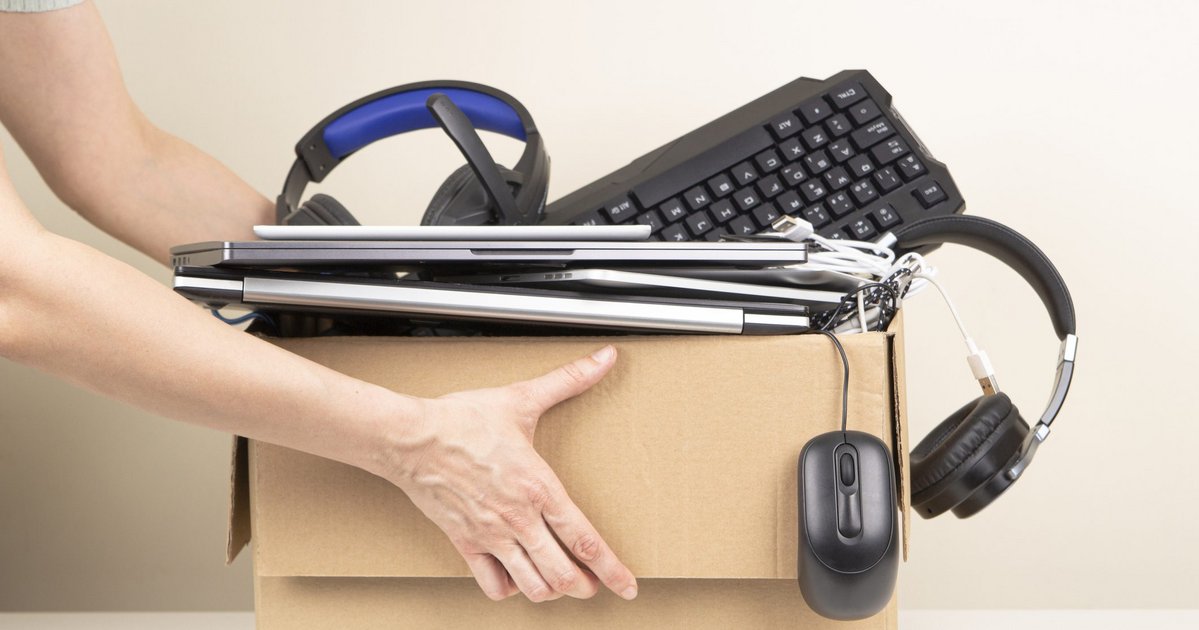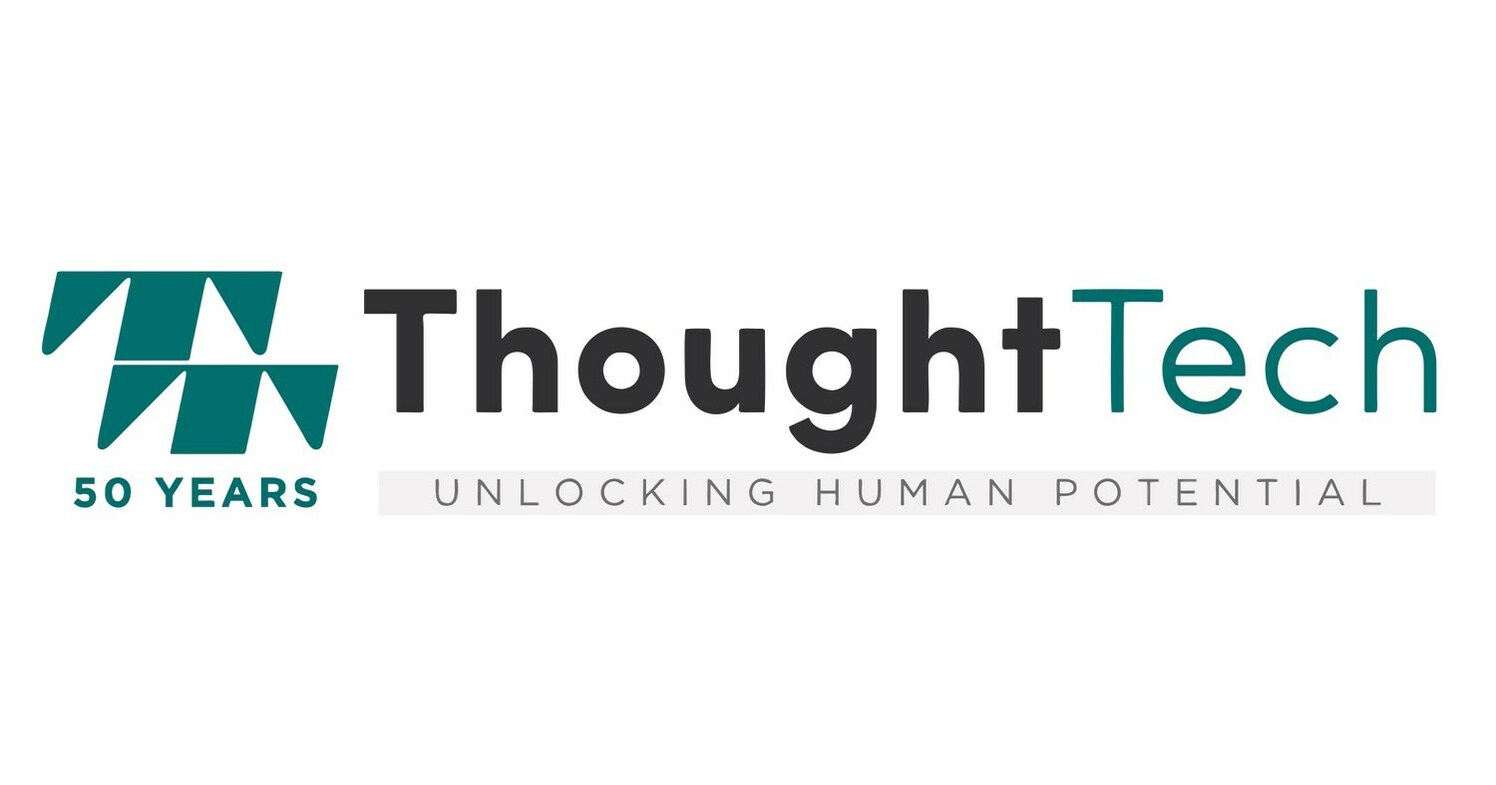
Ericsson’s sustainable e-waste management business venture

What is Ericsson doing to reduce waste in landfills, and how does this play into net zero strategy?
As the world grapples with the reality of an annual global production of 2 billion tonnes of municipal solid waste (MSW), we must explore solutions that mitigate this challenge and extend to waste that proliferates daily.
Ericsson is actively reducing waste in landfills through its end-to-end solution that digitalises and connects the reverse supply chain, Ericsson Connected Recycling (ECR). This platform digitalizes the physical waste flows to promote circularity, reduce carbon emissions, and preserve raw materials. While initially targeting PET, OCC, organic and e-waste, the aim is to expand to any waste stream.
Our approach empowers FMCG retailers to achieve three critical areas: comply with regulations, generate new revenue streams, and strive to reach zero waste. Initial pilots have demonstrated a remarkable 40% reduction in waste volumes for a major retailer and the inclusion of three materials into circular material flows.
This approach significantly reduces landfill waste and aligns with our net-zero strategy, making a positive environmental impact while fostering sustainability.
What are the obstacles in the supply chain that hinder recycling efforts, and how can ECR spot opportunities for retailers?
Recycling is undeniably an effective means for managing waste, safeguarding our environment, and promoting societal well-being. However, within the industry lies several challenges that hinder its potential growth – primarily the lack of transparency and traceability.
ECR offers a transformative solution by digitalising diverse waste ecosystems to create a transparent and interconnected platform that records each step of the recycling process. The platform can spot opportunities through:
- Real-time data on the location and status of materials, helping retailers identify bottlenecks or delays in the supply chain.
- Material tracking from disposal to their transformation into new products, enabling retailers to assess the efficiency of their recycling initiatives.
- Regulatory compliance by providing a clear record of activities for reporting and legal requirements.
- Revenue opportunities by connecting the buyers and sellers of waste and recycled materials, increasing material quantities and qualities on the market, to explore new monetisation opportunities.
Overall, ECR empowers retailers to break down barriers, optimise their recycling efforts, and turn waste management into a sustainable and financially rewarding practice.
What are the innovative approaches to waste management in the Middle East and Europe – and what can we learn from those on a global scale?
In the Middle East and Europe, innovative approaches to waste management have emerged, offering valuable lessons on a global scale.
Currently, waste management in Europe is locked into the hands of a few major players, given the regulatory environment. The region places more emphasis on a circular economy and strategies like community-based recycling and advanced sorting techniques.
However, in the Middle East, approaches are centred around recognising the intrinsic value of raw materials within waste. By understanding that waste is a resource, not a problem, they’ve pioneered waste-to-value initiatives. This fundamental shift in mindset offers more flexibility and potential for new opportunities. There is also a valuable lesson to be learned by going back to basics.
Globally, adopting circular design principles, enhancing transparency, and shifting to a waste-to-profit approach could be the key to major players achieving zero waste and a more sustainable future.
What is the power of digitalisation/connectivity in transforming the recycling industry and pioneering circularity?
The potential of digitalisation in revolutionising the industry and championing circularity is profound. Digitalisation provides the ability to track and trace waste materials in real time, monitoring their transformation into new products. This transparency reduces inefficiencies, bottlenecks, and supply chain delays, enhancing recycling initiatives and helping businesses comply with regulations through clear records. It also allows organisations to explore new revenue opportunities by assessing the value of their waste.
These digital and connectivity tools help transition the recycling industry towards a circular economy, where waste is viewed as a valuable resource. Circularity serves as a guiding principle in our pursuit of sustainability and a greener future. So addressing the world’s ever-growing waste problem through the digitalisation of reverse supply chains is paramount as we work to address the world’s growing waste problem.
What top tips would you give to businesses looking to improve their recycling strategy?
Businesses have the ability to significantly elevate their recycling strategies by transitioning from linear-consumption models of extraction, consumption and disposal to one focused on creating responsibility through value chain collaboration.
There are a number of ways to improve your strategy, but consider embracing digitalization, fostering industry collaborations and a culture that allows for transparency and traceability. Adopting new approaches could enable businesses to streamline recycling processes, reduce waste, and contribute in a meaningful way to mitigating current waste challenges.
It’s important to recognize the collective role we play in building a sustainable future. Together, we hold the key to achieving net zero objectives.
*************************************************
For more insights into Sustainability – check out the latest edition of Sustainability Magazine and be sure to follow us on LinkedIn & Twitter
Other magazines that may be of interest – EV Magazine | Energy Digital
*********************************************
Net Zero LIVE will be hosted live from the QEII Centre, London on the 6th and 7th of March, and streamed globally via our virtual event platform Brella. Net Zero LIVE London will feature four LIVE themes, incorporating Sustainability LIVE, EV LIVE, Scope 3 LIVE, and Energy LIVE to deliver a holistic conference and exhibition experience with opportunities to connect with like-minded peers and actively contribute to crafting a sustainable future. Following Net Zero LIVE, viewers can also sign up for Sustainability LIVE Dubai and Singapore.
Sign up to the The Global Sustainability & ESG Awards 2024, coming to London on the 11th September 2024.
*********************************************
BizClik is a global provider of B2B digital media platforms that cover ‘Executive Communities’ for CEO’s, CFO’s, CMO’s, Sustainability Leaders, Procurement & Supply Chain Leaders, Technology & AI Leaders, Cyber Leaders, FinTech & InsurTech Leaders as well as covering industries such as Manufacturing, Mining, Energy, EV, Construction, Healthcare + Food & Drink.
BizClik, based in London, Dubai & New York offers services such as Content Creation, Advertising & Sponsorship Solutions, Webinars & Events.


